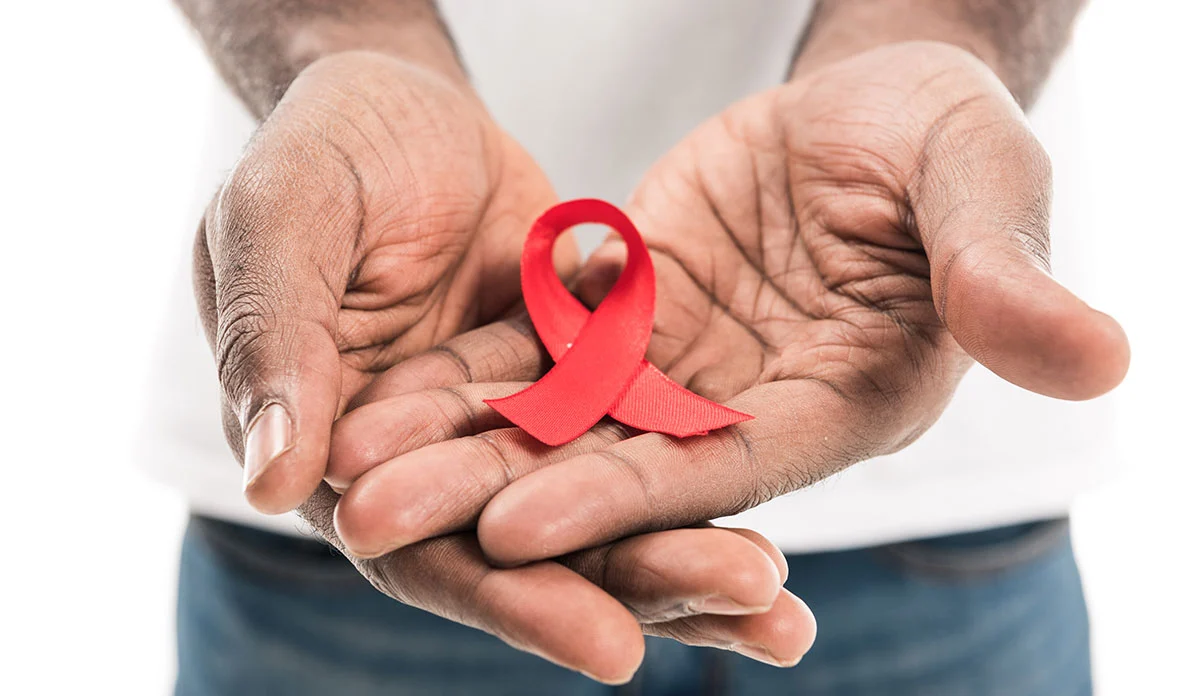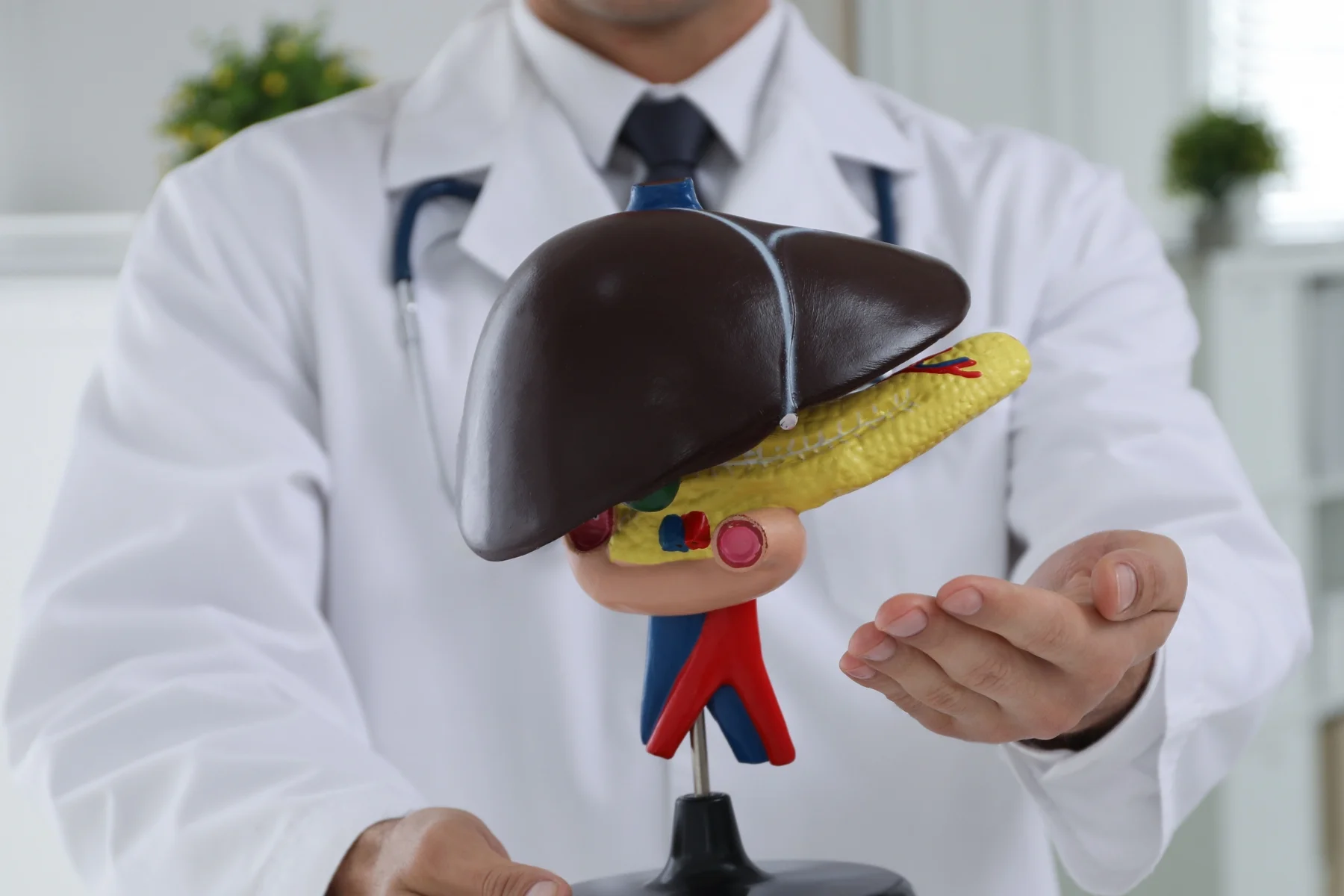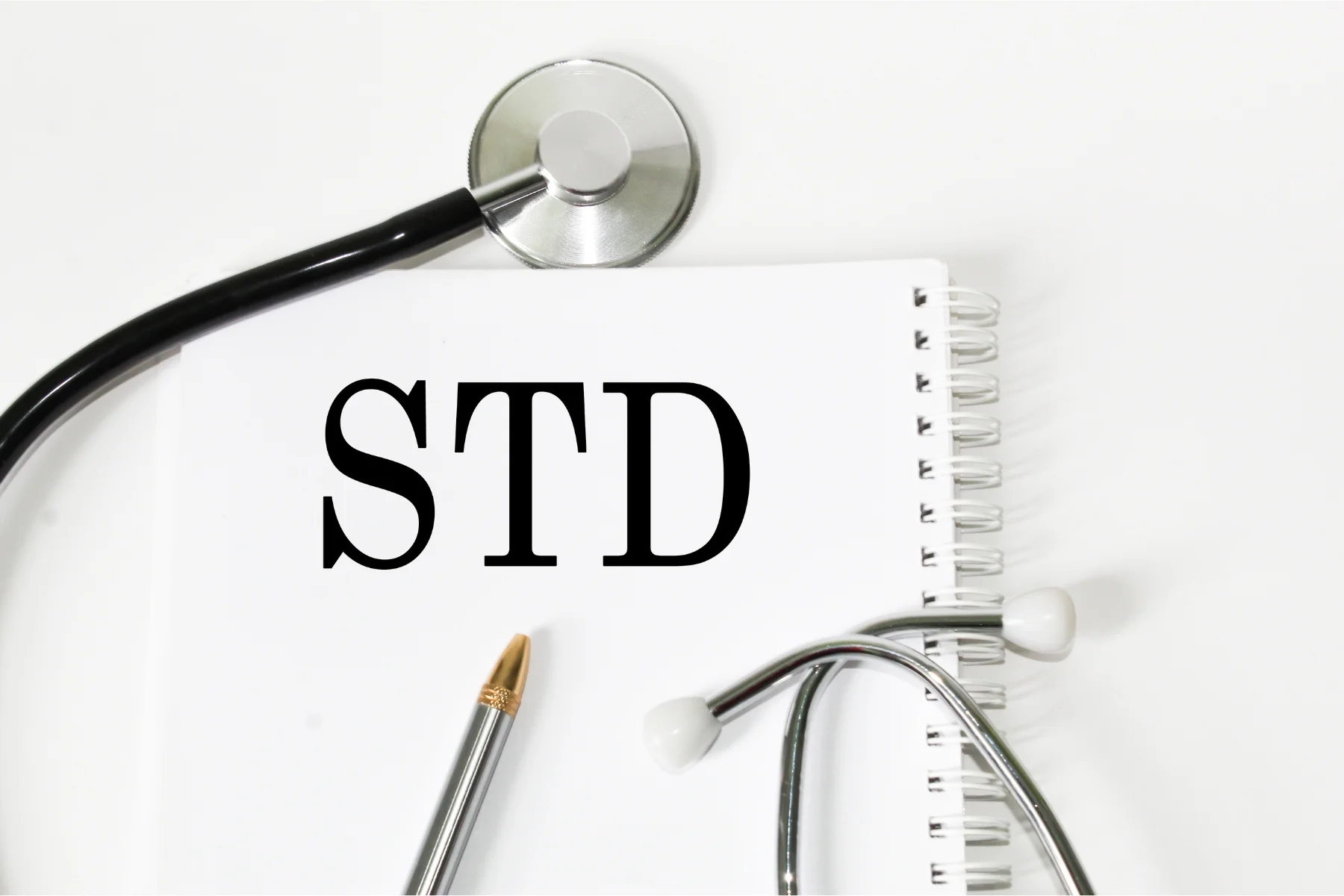Even while there is little chance of transmission through routine activities and ambient surfaces, there are a few things to be aware of. In the event that non-sterile equipment is used for procedures like body piercing and tattooing, there is a potential danger.
In Dubai’s dynamic and diverse environment, education on safe practices and cleanliness measures are critical in reducing HIV risks.
HIV And Pathogenesis!
HIV or human deficiency virus is a type of virus that attacks immune cells that help fight body infection. They help to fight against infection, also prevent a person from becoming sick and regulate your normal body response during any kind of pathogen invasion or viral invasion.
The human immunodeficiency virus is a specific virus that causes a deadly disease known as acquired immunodeficiency syndrome. Which is a bucket of several infections that affect the human body drastically.
HIV attacks and destroys the infection-fighting CD-4 immune cells making the body vulnerable and unable to fight off infection which results in the reduction of your normal body’s immune response resulting in a high infection rate and certain cancers.
HIV gradually destroys the immune system causing a decline in the normal immunity and onset of AIDS.
Mode of Transmission
HIV can be transmitted from one person to another when certain bodily fluids are shared between people. Bodily fluids that can transmit HIV include blood, semen, pre-seminal fluid, vaginal fluids, rectal fluids, and breast milk.
HIV can be transmitted during vaginal or anal sex, through sharing needles for injecting drugs or tattooing, by getting stuck with a needle that has the blood of someone with HIV on it, through pregnancy, and breastfeeding.
A HIV-positive individual who during pregnancy, childbirth, or lactation spreads the virus to their offspring. Nonetheless, the risk of HIV transmission during pregnancy.
Signs and symptoms
Once you have HIV, you may have a number of symptoms, such as fever, chills, and night sweats along with anxiety and sadness. Mouth ulcers can also be caused by heart problems, neuropathy, hypertension, diarrhea, and weakened immune systems. The disease’s capacity to spread infections like Kaposi sarcoma is caused by the virus’s ability to replicate.
Risk Understanding
Understanding the HIV risk in this way required a comprehensive approach to preventive measures, local Healthcare resources and a commitment to safe practice.
In Dubai, there are a lot of different healthcare service providers that are readily available for HIV testing counseling and treatment. Individuals should take advantage of these resources to get regular screening, especially if anyone is engaged in behavior.
1. Sexual Intercourse
Having sex without a condom greatly raises the risk of HIV infection. By acting as a barrier, condoms stop the spread of bodily fluids that could be infected with the virus. One important preventive measure is to use condoms correctly and consistently.
2. Sexually Transmitted Infection Containing Intercourse
People who already have a STI, such as bacterial vaginosis, herpes, chlamydia, gonorrhea, or syphilis, are more vulnerable to HIV. HIV can enter the body through vaginal sores, inflammation, and tears in the skin or mucous membranes caused by these illnesses.
3. Sharing Contaminated Needles and Drug Equipment
Sharing syringes, needles, or other drug-related items when injecting drugs greatly increases the risk of HIV transmission. The virus can be present in blood and can easily be transmitted through the sharing of contaminated equipment during drug use.
4. Accidental Needlestick Injuries
Needlestick injuries, especially those sustained by medical personnel, carry the potential to spread HIV. The virus can enter the circulation accidentally through contact with contaminated needles or sharp items, which highlights the significance of managing and discarding medical equipment properly.
5. Oral Intercourse
Although there is less chance of HIV transmission through oral sex than through anal or vaginal intercourse, it is nevertheless present. If there are cuts or open sores in the mouth or genitalia, the danger goes up. The risk can be decreased by using barriers during oral intercourse, such as condoms or dental dams.
6. Blood transfusions and organ transplants
The risk of HIV transmission during organ transplants and blood transfusions has been considerably decreased by rigorous screening, but it’s crucial to remember that the risk still exists. Sustained improvements in safety procedures are necessary to reduce this possible danger even more.
7. Equipment for Intravenous Drug Use
If shared blood is contaminated with cookers or cotton, it might spread HIV. Needles are not the only equipment that can be used for intravenous drug use. However, sharing needles carries the biggest risk.
8. Unsafe Medical Practices
People can get HIV from receiving unsafe injections, blood transfusions, tissue transplants, and medical operations involving piercing or cutting without sterility. In order to stop transmission, proper sterilization and infection control procedures are essential in medical environments.
9. Saliva and HIV
Saliva poses a very minimal risk of HIV transmission but includes enzymes that suppress the virus, and the viral concentration in saliva is often insufficient for transmission. However, there have been extremely rare occurrences documented, usually with considerable bleeding and sores.
10. Occupational Exposure
Healthcare personnel face a relatively low risk of contracting HIV through incidental contact with body fluids, thanks to rigorous infection control measures. The use of protective equipment further minimizes this risk, providing an additional layer of defense. In the event of inadvertent exposure, healthcare professionals can benefit from post-exposure prophylaxis (PEP), a preventive treatment that plays a crucial role in safeguarding their well-being and ensuring a prompt and effective response to potential HIV exposure.
11. Tattooing and Body Piercing
Using unsterilized needles or equipment during body piercings and tattoos carries a potential risk of HIV transmission if they come into contact with contaminated blood, while this risk is thought to be very low. Sterilization procedures and diligent hygiene compliance greatly reduce this risk. Through a focus on hygiene and the use of appropriate sterilizing techniques, healthcare professionals improve safety and reduce the risk of HIV infection.
12. Contact with Environmental Surfaces
The risk of HIV transmission from environmental surfaces, such as counters and toilets, is extremely low. HIV is not transmitted through casual touch, and the virus has a limited lifespan outside the human body. The inability to survive for extended periods on surfaces ensures that transmission through contact with inanimate objects is highly improbable. This information underscores that everyday activities involving these surfaces pose minimal risk of HIV transmission.
Preventive Measures
In Dubai, while specific statistics on HIV infection rates may vary, the city takes a forceful approach to public health and safety. The government and healthcare providers in Dubai emphasize education, prevention, and access to testing and treatment for HIV.
1. Education And Awareness
In Dubai, different places strongly emphasize education and awareness campaigns regarding HIV. Public health communities formed different educational programs and conducted disseminative information about the mode of transmission preventive measurements and the importance of testing after improper sexual behavior.
2. Regular Checkup
The healthcare infrastructure in Dubai is very advanced and quite accessible. The residents should seek regular medical checkups, screening, and counseling related to different diseases such as HIV. The early direction may solve the intervention and ease the management of AIDS.
3. Needle Sharing Reduction
The possible hazards associated with needle sharing, particularly in the context of maintaining drug-related behaviors. It emphasizes the importance of informing residents about the risks involved with these activities. The recommended remedy entails a collaborative effort to discourage needle sharing and advocate for appropriate behavior.
Avoiding needle-sharing emerges as a feasible strategy for people to significantly reduce their risk of developing AIDS and HIV. The key notion expressed is that by raising awareness, encouraging collaboration, and supporting responsible habits, the community can effectively manage the harms associated with needle sharing while also protecting public health.
4. Promotion of Safe Sexual Practices
One of the most important aspects of HIV prevention is the promotion of safe sexual practices. Condom use during sexual activity is expected to be regular among Dubai residents, lowering the risk of transmission. The importance of safe sex in preventing HIV/AIDS is frequently emphasized in educational initiatives.
5. Medical Checkup During Pregnancy
Prevention of mother-to-child transmission can be reduced by monitoring pregnant women who are relatively potential to develop AIDs or had a past unusual sexual behavior that might increase the chance of HIV.
Conclusion
In conclusion, HIV is a deadly disease that might infect a large population and can prove fatal. To reduce the number of patients that are potentially infected by HIV, we need to take preventive measures and understand the risks. These risks include various unusual sexual behaviour, oral intercourse, unprotected sex, syringe use, unsafe blood transfusion and other multiple risks.
To prevent such risks and getting infected by HIV, Dubai residents must take various preventive measures, which include education, awareness, regular medical checkups, HIV screening, and campaigns. In such a way, we can easily reduce the amount of patients infected by HIV and can get infected in future.




